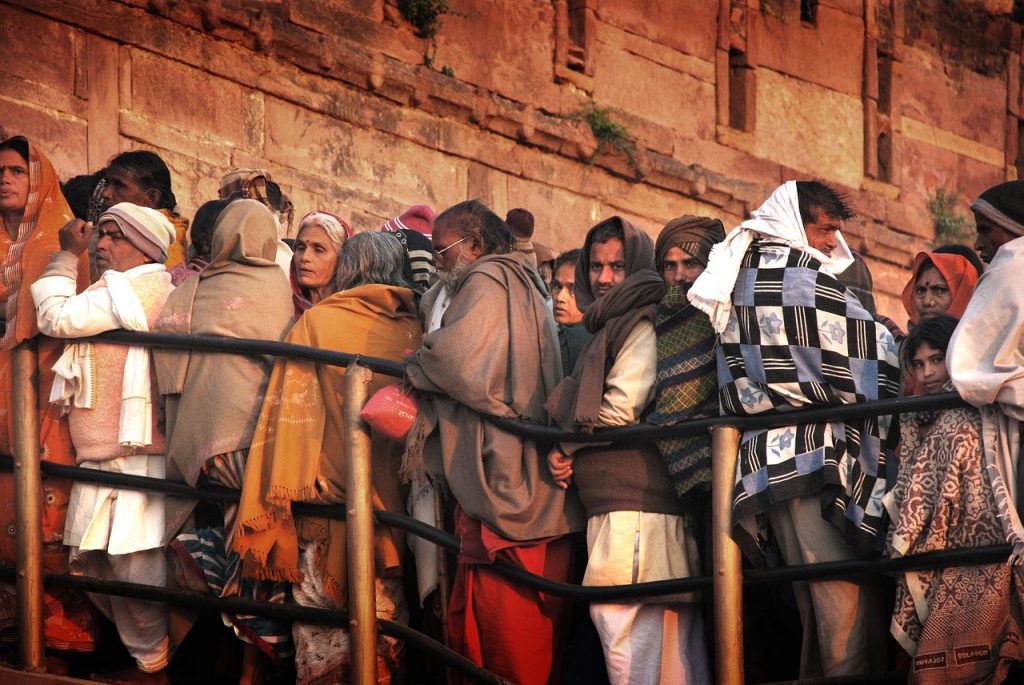In some ways, the interests of religion and public health overlap. Many faiths emphasize social justice and the safeguarding of vulnerable populations, a priority that is consistent with public health as a vocation. Further, many canonical religious texts contain famous passages dealing specifically with disease, or the importance of caring for the sick.
Writing in First Things, an influential journal of religion & public life in the US, editor Rusty Reno wrote that “the mass shutdown of society to fight the spread of COVID-19 creates a perverse, even demonic atmosphere.”
Reno argues that fear of death is being allowed to distort social order. “Everything for the sake of physical life? What about justice, beauty, and honor? There are many more things precious than life (…) The Eucharist itself is now subordinated to the false god of ‘saving lives.'”
Reno is not alone, though many churches in the US have responded to spread of Covid-19 by going virtual.
Early reports about the spread of coronavirus in South Korea linked “more than half” of the country’s 3,730 cases to the Shinchenoji Church of Jesus, a religious group that the government describes as a cult. Religious communities have the potential to provide support, comfort and spiritual nourishment to members — but they can also become hotspots for the virus.
But, mass gathering in the name of faith, especially in enclosed spaces in Indian cities, can provide the perfect conditions for novel coronavirus to easily spread. Many countries across the world have been taking the World Health Organization (WHO)’s advice of quarantining and social distancing seriously to contain the spread of the virus.
Tradition cannot be allowed to override public health, especially when it cannot be guaranteed that the number of people congregating can be reduced or precautions instituted. More so when the virus in question is highly infectious, while India’s healthcare system is weak.
What is happening in Australia should set an example for other faith based groups in the virus-affected countries.
Australia’s largest Uniting Church, Newlife, was one of the first in Australia to move services online following the prime minister’s call to cancel gatherings over 500. Their lead minister, Stu Cameron, addressed the congregation online and called this “the most loving thing to do”. As a church used to multimedia worship, they are well equipped to move online.

